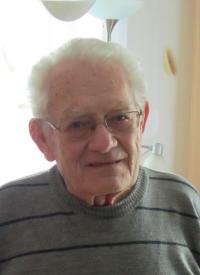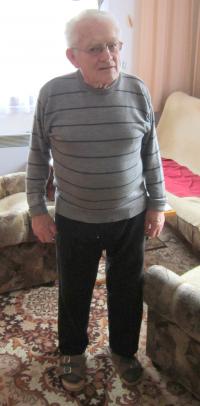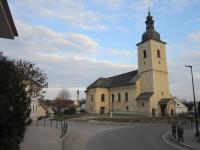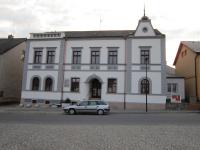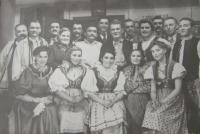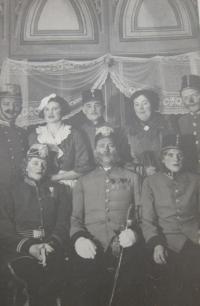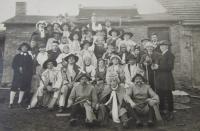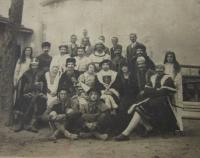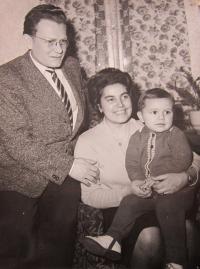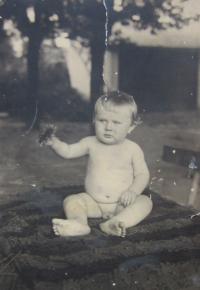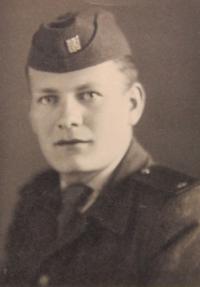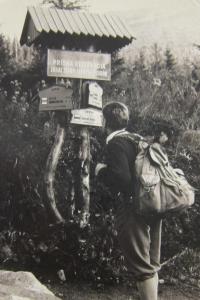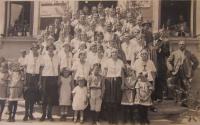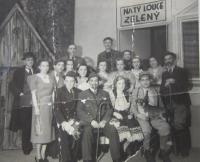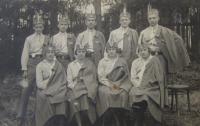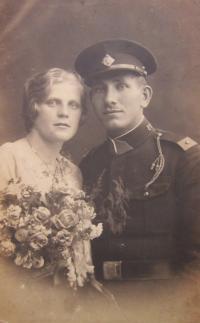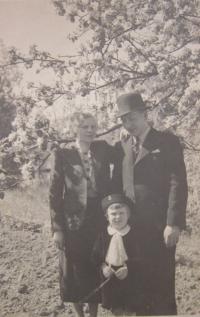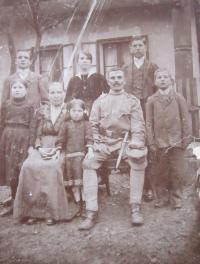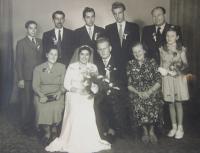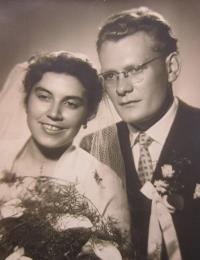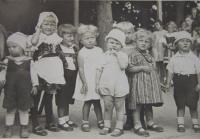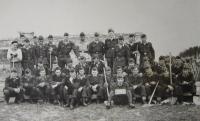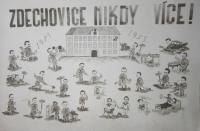He believed in God and ended up in the AEC

Download image
Karel Straka was born on 17 September 1933 in Bludov. His family lived on the first floor of the National House, which was the Catholic cultural centre for the whole village at the time. The ground floor contained a pub with a great hall, which housed balls and theatre plays. During the war the great hall of the National House served as a lodging facility. In various times it accommodated Germans from the eastern countries, soldiers, refugees, and captives. As a small boy, Karel Straka came in touch with them quite frequently. After the liberation he was witness to the renewal of the cultural activities of Catholic associations in the National House, but only until the Communist regime came to power in 1948, when the associations were dissolved and the witness’s family expelled from their flat. Soon after the local priest Oldřich Koutný together with several parishioners were stood before a show trial and sent to prison. The new priest, Alois Bubeník, collaborated with the Communist regime, and most of the faithful thus began attending church in neighbouring villages. Karel Straka was one such person, and for this reason when he began compulsory military service, he was sent directly to forced labour in the Auxiliary Engineering Corps (AEC). The witness still lives in his native village.
